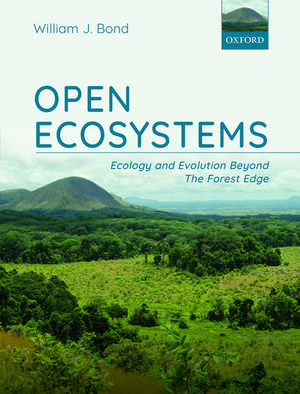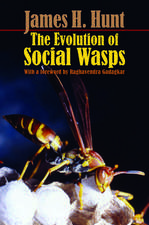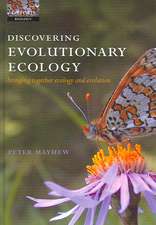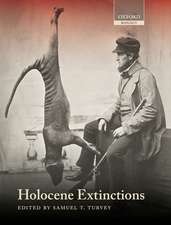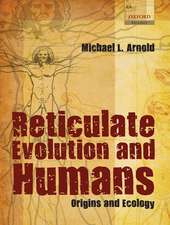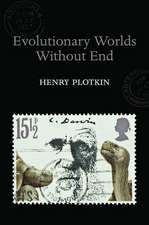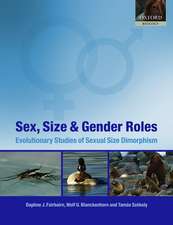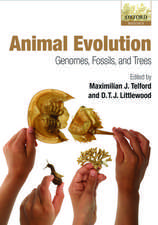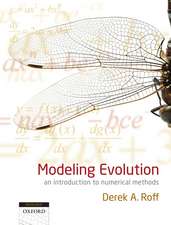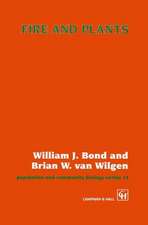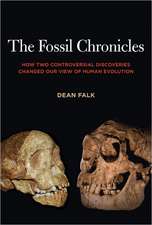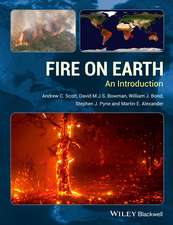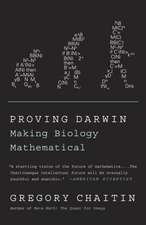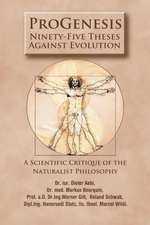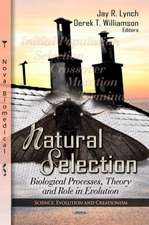Open Ecosystems: Ecology and Evolution Beyond The Forest Edge
Autor William J. Bonden Limba Engleză Hardback – 21 aug 2019
This book explores the geography, ecology, and antiquity of 'open ecosystems', which include grasslands, savannas, and shrublands. They occur in climates that can support closed forest ecosystems and often form mosaics with forest patches. With the aid of remote sensing, it is now clear that open ecosystems are a global phenomenon and occur over vast areas in climates that could also support forests.
This book goes beyond regional narratives and seeks generalexplanations for their existence. It develops the theme of open ecosystems as being widespread and ancient, with a distinct biota from that of closed forests. It examines hypotheses for their maintenance in climate zones favouring the development of forests, including fire, vertebrate herbivory, and soilshostile for tree growth.
Open Ecosystems: ecology and evolution beyond the forest edge provides an accessible introduction for graduate students and researchers of open (non-forested) ecosystem ecology in departments of ecology, geography, and environmental science. It will also be of relevance and use to professional ecologists, biogeographers, and global change biologists requiring a concise, authoritative overview of the topic.
| Toate formatele și edițiile | Preț | Express |
|---|---|---|
| Paperback (1) | 324.06 lei 31-37 zile | +73.21 lei 4-10 zile |
| OUP OXFORD – 14 ian 2021 | 324.06 lei 31-37 zile | +73.21 lei 4-10 zile |
| Hardback (1) | 512.81 lei 10-16 zile | |
| OUP OXFORD – 21 aug 2019 | 512.81 lei 10-16 zile |
Preț: 512.81 lei
Preț vechi: 681.72 lei
-25% Nou
98.13€ • 102.71$ • 81.67£
Carte disponibilă
Livrare economică 27 februarie-05 martie
Specificații
ISBN-10: 0198812450
Pagini: 192
Dimensiuni: 195 x 253 x 15 mm
Greutate: 0.64 kg
Editura: OUP OXFORD
Colecția OUP Oxford
Locul publicării:Oxford, United Kingdom
Recenzii
this interesting and well-written book draws readers into the ecological issues that matter most to open ecosystems: climate mismatches, fossil records that support their origins, soil factors that lead to openness, fire and adaptations to it, and herbivory . . . Overall, the volume is excellent, and presents a thorough review of ecological factors that keep open ecosystems open . . . It is my hope that the fascinating details in this book will garner a greater appreciation for open ecosystems by students, scientists, and members of the general public.
...its content is essential for any practitioner seeking a holistic understanding of African rangelands, and important policy issues are addressed. This book deserves to be read by anyone with an interest in open African ecosystems.
